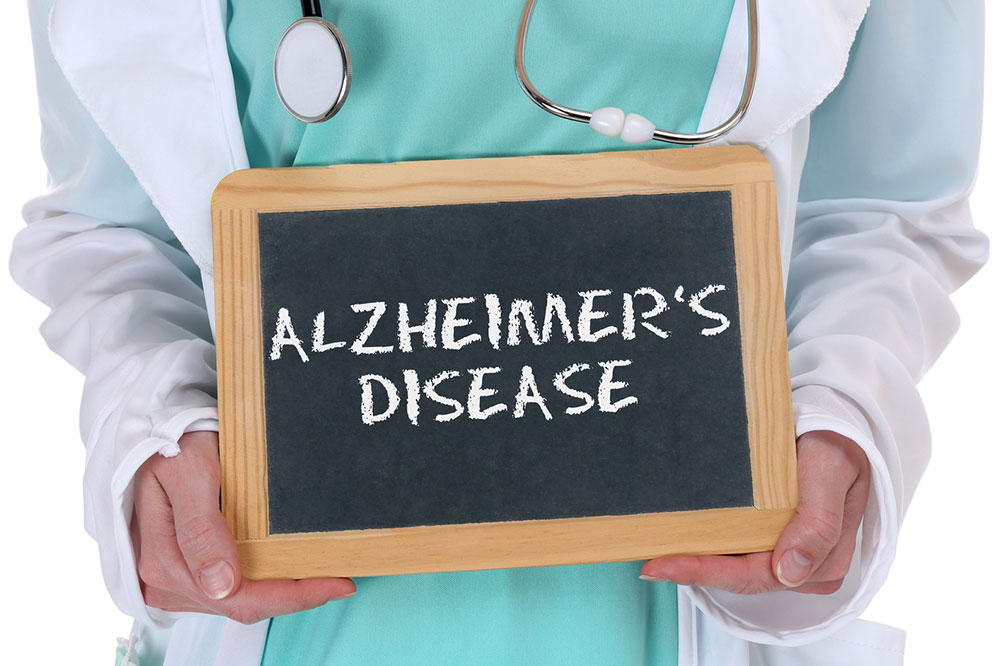Key Insights into Alzheimer's Disease and Its Management
This article offers a detailed overview of Alzheimer’s disease, exploring its causes, early signs, and available management options. It emphasizes the importance of early detection and medical consultation for effective symptom management, highlighting lifestyle approaches and medications that can help improve quality of life for sufferers.

Key Insights into Alzheimer's Disease and Its Management
Alzheimer's disease, a common form of dementia, impairs cognitive functions and affects individuals of various ages. Though often linked to the elderly, many younger people also face this condition annually. As the disease progresses, it jeopardizes patient well-being and independence. This article provides a comprehensive overview of Alzheimer's, including its causes, symptoms, and treatment options.
Causes of Alzheimer's
The primary cause involves deterioration of brain nerve cells, leading to memory loss and cognitive decline.
Nerve cell damage results in decreased brain function and memory loss.
Advancing age significantly increases the risk of dementia as nerve cells decline in efficiency.
Specific nerve cells in the brain are responsible for particular functions; disturbances cause memory issues.
Foreign deposits like tangles and plaques contribute to nerve cell damage.
A family history of Alzheimer's raises susceptibility to the disease.
Recognizing Alzheimer's Symptoms
Early signs of Alzheimer’s often go unnoticed, but family members may observe behavioral changes indicating the disease.
Common symptoms include:
Memory impairment, such as misplacing items or forgetting events.
Difficulty in planning or making decisions.
Noticeable behavioral shifts, including social withdrawal.
Progressive worsening of memory and cognitive abilities.
Speech and swallowing challenges.
In advanced stages, suspicion towards loved ones may develop.
Available Treatments for Alzheimer’s
While no cure exists, medications may alleviate symptoms temporarily.
Cholinesterase inhibitors: Enhance communication among nerve cells, alleviating depression and agitation.
Memantine: Modulates brain activity to slow symptom progression.
Behavioral management, including medication like antidepressants, and lifestyle adjustments are also beneficial:
Ensuring proper nutrition and hydration is vital, as patients often forget to eat.
Regular exercise, such as daily walks, can improve mood and cognitive function.










